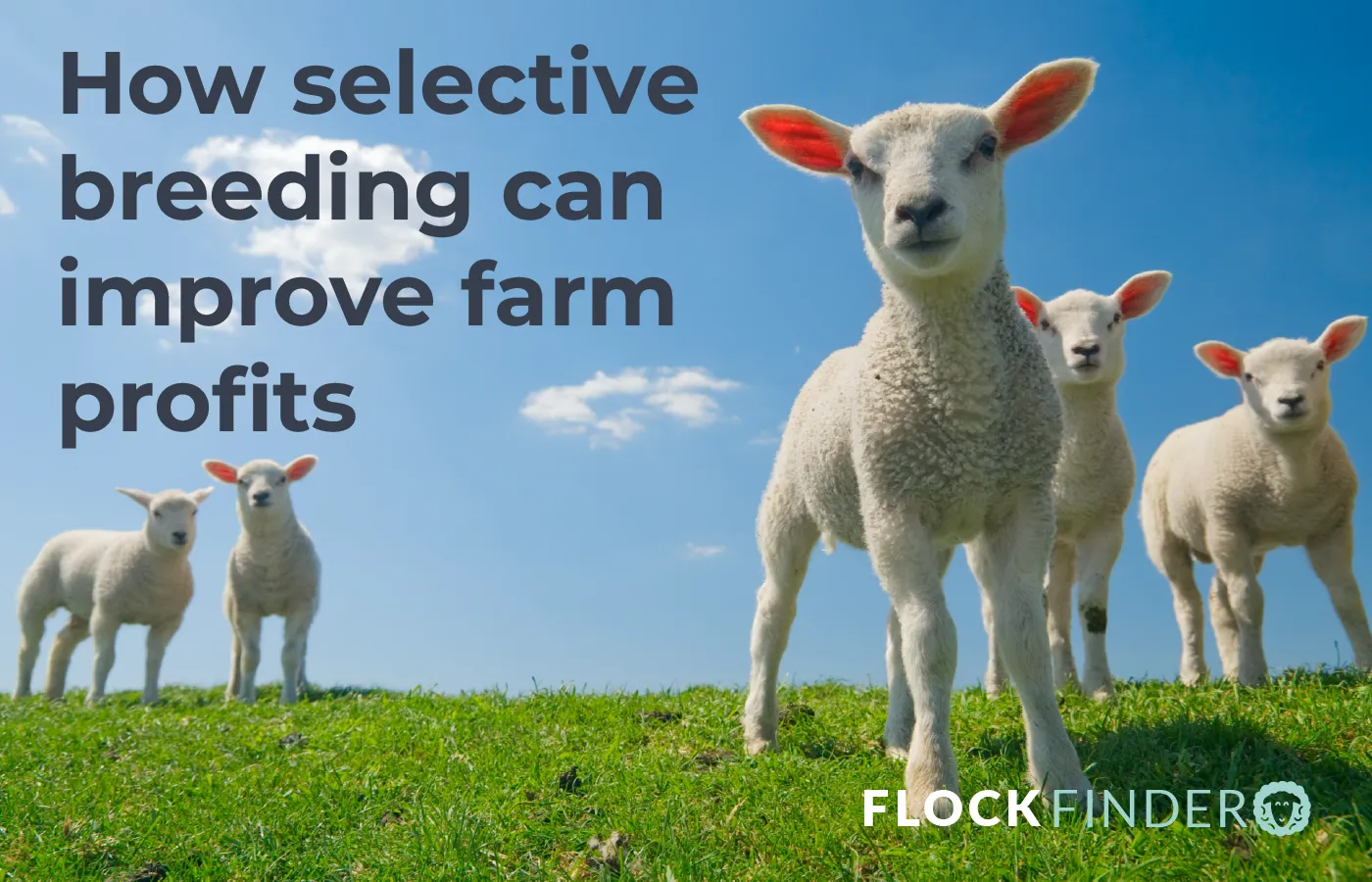Key Traits for Ewe Selection
When undertaking selective breeding, several traits should be carefully considered:
- Productivity and Reproduction: Traits such as ewe productivity, which can be increased by up to 40% with effective selective breeding practices, are vital. This includes selecting ewes that tend toward twinning and rams with outstanding reproductive records.
- Growth Rates: Lamb growth is another critical trait, with improved growth rates of 5-10% achievable through strategic breeding. Such enhancements contribute to faster attainment of slaughter weights, thus reducing time to market.
- Health and Disease Resistance: The resilience of sheep to common diseases also plays an essential role. Selecting sheep with natural resistance to conditions such as foot rot or internal parasites can significantly reduce veterinary costs and losses.
- Lambing Ease & Maternal Ability: Ewe's which lamb easily put less stress on both themselves and their lambs, allowing for quicker recovery and better health/growth. It also means less intervention and a lower risk of mortality.
- Wool Quality: For breeds where wool is a primary product, traits such as fiber diameter, length, and fleece weight are crucial considerations.
Impact on Overall Flock Performance
Selective breeding impacts flock performance by offering both immediate and far-reaching benefits:
- Permanent and Cumulative Gains: The improvements gained through selective breeding are not just immediate but also compound over generations. This cumulative effect means that each new generation inherits better traits, continually enhancing productivity and profitability.
- Economic Sustainability: Increasing productivity, through lineage analysis and optimal breeding practices, makes farms more financially sustainable.
- Environmental Benefits: By boosting efficiency, selective breeding can lead to reduced carbon footprints per kilogram of meat produced. For example, flocks with higher growth rates and lambs per ewe have considerably lower carbon footprints.
How Technology Can Help
Tracking and reviewing all of the data you need to improve flock performance can be daunting, this is where technology can step in to help.
Livestock management tools, such as FlockFinder, make data collection and analysis of your flock data much easier, making selective breeding much more achievable. These platforms allow for comprehensive record-keeping and data-driven insights, aiding farmers in making informed breeding decisions.




